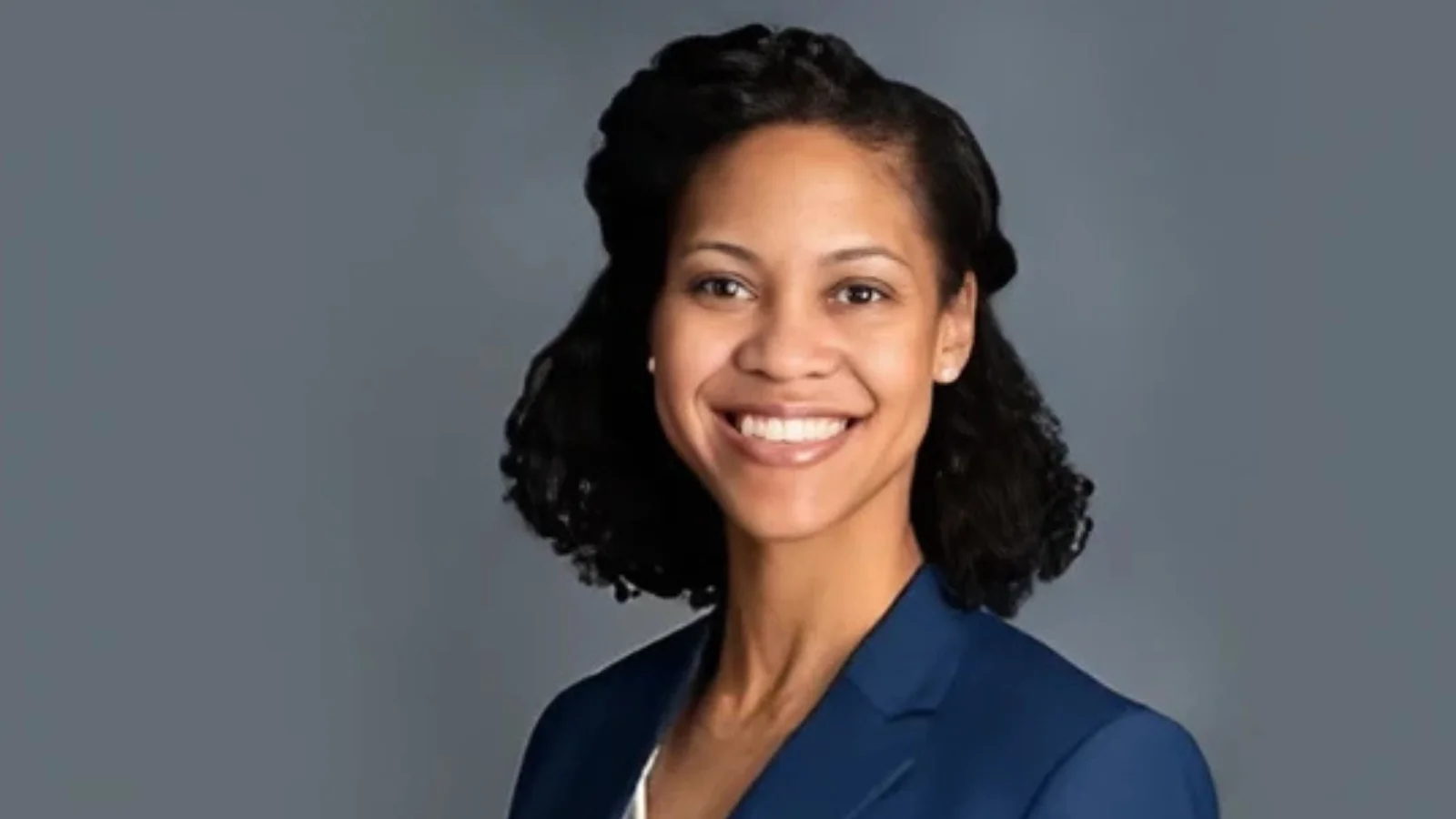
The New Jersey Business & Industry Association (NJBIA) has raised concerns regarding the Murphy administration's proposed regulations to standardize classroom square footage requirements for preschools and childcare centers. While the move toward a single standard was initially viewed positively by NJBIA, the organization warns that certain elements of the proposal could negatively impact childcare providers if not revised.
NJBIA Vice President of Government Affairs Althea D. Ford submitted comments to the state Department of Children and Families, urging changes to avoid unintended consequences from the new rules.
“At a time when industries are seeking to attract and retain employees and workforce shortages abound, it is vital that the childcare system is fortified, with a full complement of services to offer families and youth of all ages,” Ford stated.
She added, “The Department’s proposed regulations compound the adverse effects of the current iteration of state-funded preschool to an already fragile childcare system and have the potential to create more harm than good.”
Currently, state regulations set by DCF require 35 square feet per child in licensed childcare facilities. In contrast, Department of Education standards mandate at least 950 square feet per classroom—750 square feet usable—and limit classrooms to 15 children. This inconsistency restricts partnerships between Head Start programs or private providers and school districts under what is known as the “mixed delivery model,” which allows various organizations to operate preschool classrooms that meet all state requirements.
The proposed regulation would introduce a uniform 42-square-foot standard for newly licensed providers. Existing providers would be grandfathered under previous rules but may still be excluded from participating in state-funded preschool programs due to separate Department of Education proposals.
“Increasing the space requirement for all classrooms will reduce facility capacity for the other children that may be served by the facility – infants, toddlers and school-age children,” Ford said.
Ford further noted that this discrepancy could compromise seat availability as providers face expensive renovations without assurance they can join state-funded preschool programs. She suggested that centers with permits or contracts issued before the rule takes effect should continue using the 35-square-foot requirement for non-preschool classrooms, applying 42 square feet only to preschool spaces.
“It is extremely costly in time and money to undergo the permitting process in New Jersey,” Ford said.
“Creating additional barriers for facilities further harms these job creators from establishing their businesses and delays their ability to operate and serve New Jersey families.”
Ford also recommended clarifying that capital improvements under $350,000 should be considered minor renovations so they do not affect a facility’s grandfathered status or require them to comply with new space standards.
“It is imperative that barriers to the operation of these vital facilities are not created,” Ford wrote. “Through the adoption of these amendments, the Department can demonstrate that it views the licensed childcare industry as a partner in the effort to increase access to care for New Jersey families.”
To read Ford’s complete comments, visit: https://njbia.org/news/press-releases/measurable-concerns-with-nj-preschool-rule-proposal/